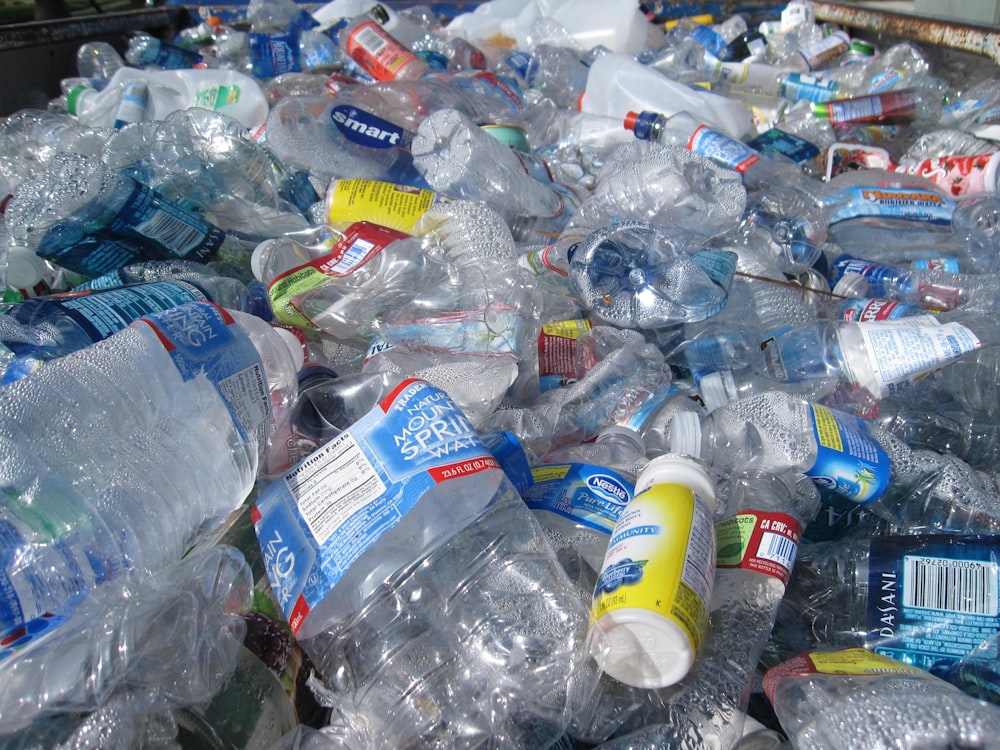
ANALYSIS Isabelle Zundel 18 March 2022
This contribution connects with former publications on this platform on combatting single-use plastics in Malawi facilitated through the project “Building collective ownership of single-use plastics waste (SUP) in youth communities: case studies from Kenya, Jamaica, and Malawi”. For this month’s topic on Climate Justice and Environmental Law, our contribution will concentrate on the young generation’s environmental activism in relation to the outstanding plastic ban and beyond.
The Plastic Ban
Malawi has been and continues to be no exception to the rapid and concerning increase of global plastic consumption in recent decades. Therefore, in 2015 the government of Malawi followed the efforts of some neighbouring countries, including pioneer Rwanda, in tackling the immense pollution resulting from plastic waste and imposed a ban on thin plastic bags. The Environment Management (Plastics) Regulations 2015 [1] were developed by the Ministry of Natural Resources, Energy and Mining and regulate thin plastics in Malawi. The scope of the Act applies only to the use and production of plastics, plastic bags and plastic sheets (with a thickness of less than 60 micrometres). The Act does not apply to other single use plastics or imports.
However, in 2016 a number of plastic manufacturers through the Plastics Manufacturers Association of Malawi (PMA) applied for a Stay Order at the High Court and aimed for two things: The restraint of the implementation of the plastic ban and a judicial review of the decisions made by the government. These being the enforcement of the Regulations without giving the manufacturers a right to be heard and the adoption and implementation of the Regulations without taking into account other relevant factors as the potential hardship caused for the manufacturers. The court dismissed the judicial review and enabled the reinstatement of the Regulations. However, the PMA appealed against the decision of the High Court shortly after. In applying for the injunction, PMA alleged that the ban infringed business rights of the manufacturers. They argued the ban would have a negative impact on their business due to economic costs and this would lead to job losses. Thereupon, the High Court overturned the forward-thinking move of the Ministry of Natural Resources, Energy and Mining.[2] After this setback, the government paused the implementation of the Regulations in accordance with the court ruling.
In 2019, seven judges of the Malawian Supreme Court dismissed the appeal and thereby reinstated the original ban. One year later, three plastic factories that were still illegally producing SUPs were shut down and in a fourth company the equipment was impounded.
In 2015, Malawi was among the first few countries in Africa to impose such a plastic ban, but now at the time of the second enactment this step has become a popular policy tool in African politics to deal with the negative consequences of SUP.
The Influence of Civil Society and More Precisely the Youth
In the project “Building collective ownership of single-use plastics waste (SUP) in youth communities: case studies from Kenya, Jamaica, and Malawi” we focus on the young generation’s awareness and motivation to take action against the pollution of the environment through SUP. We ask the following questions: What is the young generation’s take on measures established by the government to combat SUP? Are the legal frameworks and their enforcement tools well equipped to tackle the problem? What else can and need to be done?
In a survey of first-year university students at three Universities in Malawi in spring of 2021, 88.6 % of respondents said they recognize their responsibility to help reduce SUP waste: Where exactly does this articulated responsibility manifest in their actions?
The events around the plastic ban in Malawi reveal well the position of the young generation as well as the influence of grassroot environmental activism led by the young generation. But what exactly was the influence of the young generation on these positive and courageous developments? Between 2016 and 2019, when the case was pending at the appellate court, some NGOs, as the Centre for Environmental Policy and Advocacy (CEPA), and individuals decided not only to wait for the judgment, but to influence it. An action plan was created that included community clean-ups, community and social media campaigns, public debates with the plastics industry as well as demonstrations. Additionally, some actors raised money for a legal campaign and joined the court case on the government’s side. In the end, it was not only worth the effort, but also showed that activism can have a revolutionary effect by influencing policy and jurisprudence.
Who is Gloria Majiga-Kamoto?
One person who stood out in the activism around the plastic ban is Gloria Majiga-Kamoto. Gloria is a 31-year-old community development officer and programme manager (Natural Resources and Communications) at CEPA[3]. Initially, she had worked on a sustainable agriculture project and found herself again in the creation of a grassroot movement in support of the plastics ban together with other individuals in support of several NGOs. For her dedicated work she has received the Goldman Environmental Prize, a globally honoured and prestigious award for grassroots activists. Gloria is representative of so many Malawians that fight the pollution of SUP every day. Some call themselves activists and others are “just” managing their daily life that is affected by SUP. However, all of them bring awareness and change into their community. All over the world, the young generation (dominantly females) fights for reasonable and effective steps against the climate crisis and thereby against SUP. Gloria’s story, as example of many other activists in Malawi, reveals the positionality of a conscious and active young generation. The generation’s feeling of responsibility motivates them to take active steps to combat SUP.
[1] https://cepa.org.mw/Library/inbox/environment-management-plastics-regulations-2015 (accessed on 10 March 2022).
[2] Turpie et al. 2019.
[3] https://cepa.org.mw/about-us/staff (accessed on 10 March 2022).
